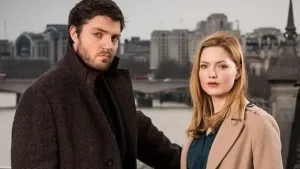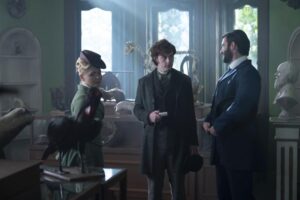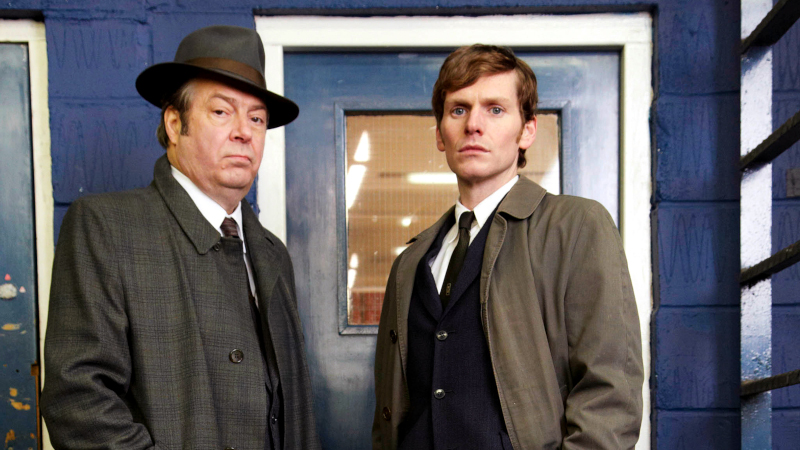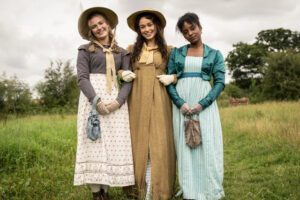This is a difficult one for me to review objectively because the subject matter triggers me greatly. It tells the story of Alan Bates and hundreds of British subpostmasters fighting a power with limitless resources, the government. The entire story in Mr. Bates is everything Libertarians worry about in a government agency.
Basically, the Post Office installed faulty software in all their branches. The faults resulted in many subpostmasters showing accounting shortfalls. The government, along with the software developer, hid the faults, blamed the subpostmasters and sent them to jail, took their money, and largely ruined their lives.
Eventually one subpostmaster, the titular Mr. Bates, managed to raise enough ruckus to bring the attention to the public. It only took twenty-five years. Yep, this whole mess started in 1999 and isn’t fully resolved to this day.
Sadly, my job today isn’t to lambaste the British Post Office and government, it’s to review a television series, and that is what I will do.
Lots of Characters
Mr. Bates starts at the beginning of the disaster when Alan Bates loses his post office because of accounting shortfalls for which he refuses to accept responsibility. He asks for audits, software checks, and what not but is denied.
We then start to meet some of the other subpostmasters encountering the same difficulties. This leads to the biggest problem with the series, there are a lot of characters. It’s not really anyone’s fault and I think they did an admirable job of consolidating people and keeping the total down to a reasonable number. That being said, there are a lot of stories going on at the same time and the complexity of weaving them together is no easy task.
Acting
I found the acting in Mr. Bates to be largely top-notch with Toby Jones in the lead role particularly strong. He shows his determination to see the truth prevail but also his fatigue over the course of the decades long fight. His wife, played by Julie Hesmondhalgh is also quite strong in her role.
Ian Hart as Bob Rutherford is a particular standout although, as I mentioned, the acting is excellent throughout.
Cinematography, Music, and the Rest
All of the supporting features of the show were well done and believable. I was particularly impressed with the music which didn’t try to overwhelm us with emotions but simply enhanced the sometimes-traumatic story. All good work in my opinion.
The Story is the Thing
Mr. Bates is not a big budget, high-production, action movie. The horribly miscarriage of justice that all those subpostmasters suffered is the main star. It’s such a vile story, such a little guy against the government story, that you don’t really need anything else. I commend them for keeping it fairly simple because it could have gotten overly complex and tried too hard to manipulate the viewers emotional. It just told the story and told it properly.
Aftermath
Since the broadcast of Mr. Bates vs the Post Office, public awareness of the situation rose dramatically and reignited the legal proceedings, which as mentioned, continue on today. In that regard I find it impossible not to consider the show to be a spectacular success regardless of anything else.
Conclusion
I found myself immersed and oft-times riveted to the drama of the story. I was never bored although I suspect an audience looking for high-octane drama might find it slow-moving and somewhat dull.
A fantastic series I think well worth watching and not only because I’m a Libertarian.
Tom Liberman






